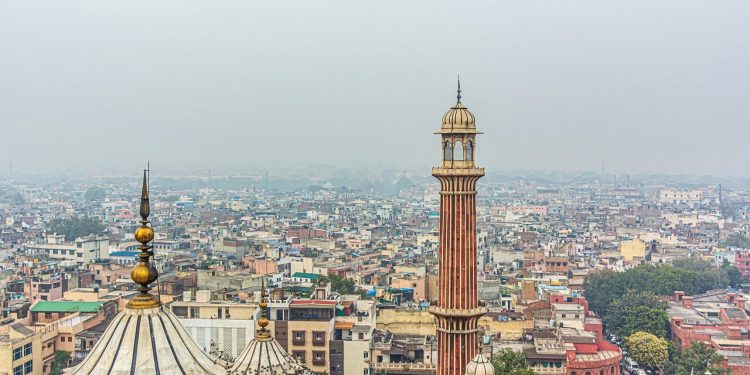India’s Supreme Court has taken a decisive step by revoking the remission of 11 men convicted in the Bilkis Bano case. These men, identified as Hindus, were previously serving life sentences for the gang rape of Bilkis Bano and the murder of her family members during the 2002 anti-Muslim riots in Gujarat.
The apex court, in a session on Monday, ordered the 11 men to return to prison within two weeks, rejecting their plea for liberty. This ruling comes as a reinforcement of the rule of law, a principle the court emphasized must be upheld.
Bilkis Bano, now in her 40s, was a victim of gang rape and witnessed the brutal murder of seven family members, including her three-year-old daughter, during the Gujarat riots. These riots, among the deadliest in India’s history, resulted in the deaths of nearly 2,000 people, predominantly Muslims. At the time, Narendra Modi, now Prime Minister, was the Chief Minister of Gujarat. He has consistently denied involvement in the riots, and the Supreme Court has found no evidence to prosecute him.
The 11 men in question were convicted in early 2008. They were released in August 2022 by the Gujarat government, a decision based on their prison term served and good behavior. This release, marked by celebrations among their relatives and supporters, was met with widespread criticism, especially considering its timing during India’s Independence Day.
The Supreme Court’s latest verdict has been welcomed by victims and activists alike. Abdul Razzak Mansuri, Bilkis Bano’s uncle and a witness in her case, expressed relief at the court’s decision, seeing it as a step towards justice. Minority rights activists in Gujarat, like Kaleem Siddiqui, criticized the BJP government’s decision to release the men, alleging political motives.
The opposition Congress party also hailed the ruling, condemning the BJP’s actions and the celebration of the men’s release. Pawan Khera, a spokesman for Congress, emphasized on social media that justice in India should not depend on the religion or caste of the involved parties.
The Supreme Court’s judgment highlighted that the Gujarat government lacked the authority to reduce the sentences of the 11 men. Lawyer Vrinda Grover, representing Bilkis Bano, applauded the verdict, stating that it upholds the rule of law as a fundamental pillar of Indian democracy.



























